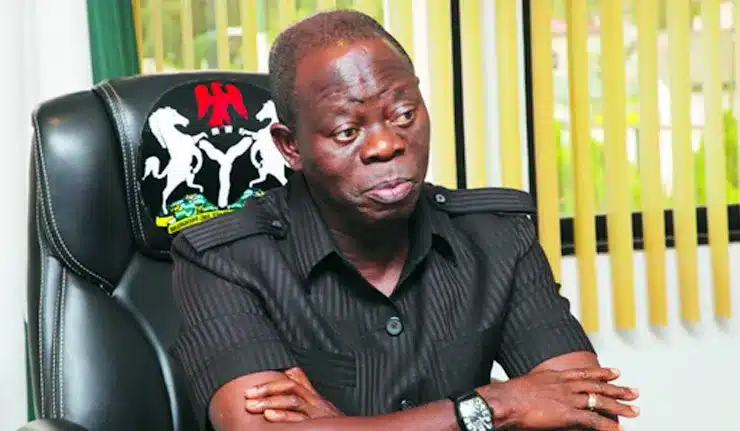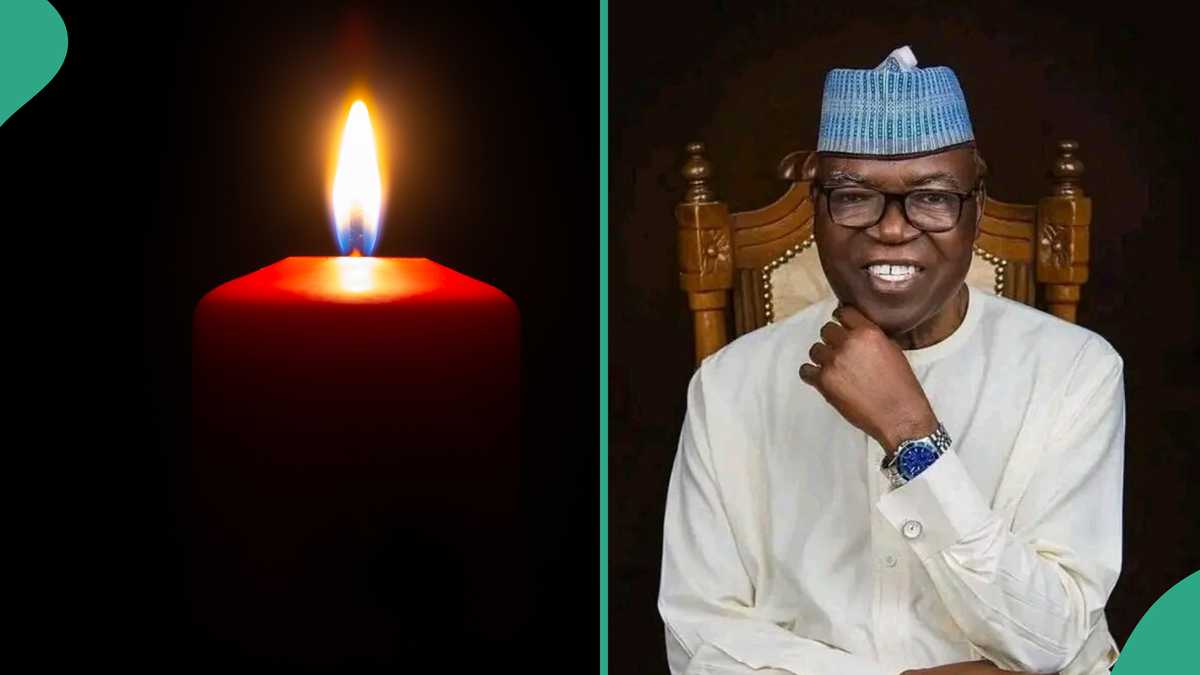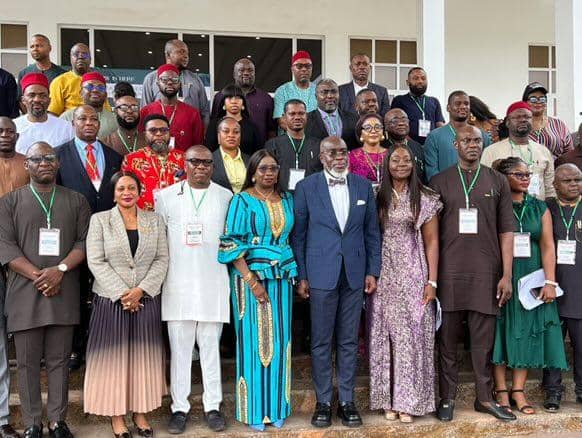The Controller General (CG) of Corrections has addressed a communication to all State Controllers of Corrections and the Federal Capital Territory Commands, soliciting the submission of lists detailing all qualified prisoners and inmates within their jurisdictions for consideration of presidential pardon.
Naija News reports that this directive was issued by the Acting Controller General of Corrections (CGC) for the Nigerian Correctional Service, Sylvester Nwakuche.
Recall that Nwakuche assumed this role on December 16, 2024, following the retirement of Haliru Nababa and his subsequent appointment by President Bola Tinubu.
According to SaharaReporters, the directive to compile a list of eligible prisoners for pardon was contained in a memo obtained by the media house dated January 17, 2025, bearing the reference number NCoS 848/C. I/VOL. 1/288.
The memo, titled ‘Re: Request For List Of Prisoners/Inmates Eligible For Presidential Pardon/Clemency Nation-Wide,’ indicates that factors such as advanced age, health conditions, and duration of incarceration will be considered in determining eligibility for clemency.
It reads, “I am directed to write and request you to as a matter of urgency, furnish the office the Controller-General of Corrections with list of ALL qualified prisoners/Inmates in your Command for Presidential Pardon/Clemency.
“For avoidance of doubt, Inmates other than Nigerian Prisoner-citizens deported to the Country, must have been convicted or awaiting trial for Federal offences only.
“Note that in determining eligibility, regard shall be had to the following criteria: Old age – (60 years and above); ill-health, likely to terminate in death; young persons, 16 years and below; long term convicts who have served 10 years and above with good record; long awaiting trial persons in custody for 10 years and above; convicts serving 3 years and above and have less than 6 months to serve; awaiting trial persons (ATPs) who have been in custody for 3 years and above for minor offences and ATPs who must have stayed longer than sentence that would have been imposed.”

 6 hours ago
1
6 hours ago
1















 English (US) ·
English (US) ·